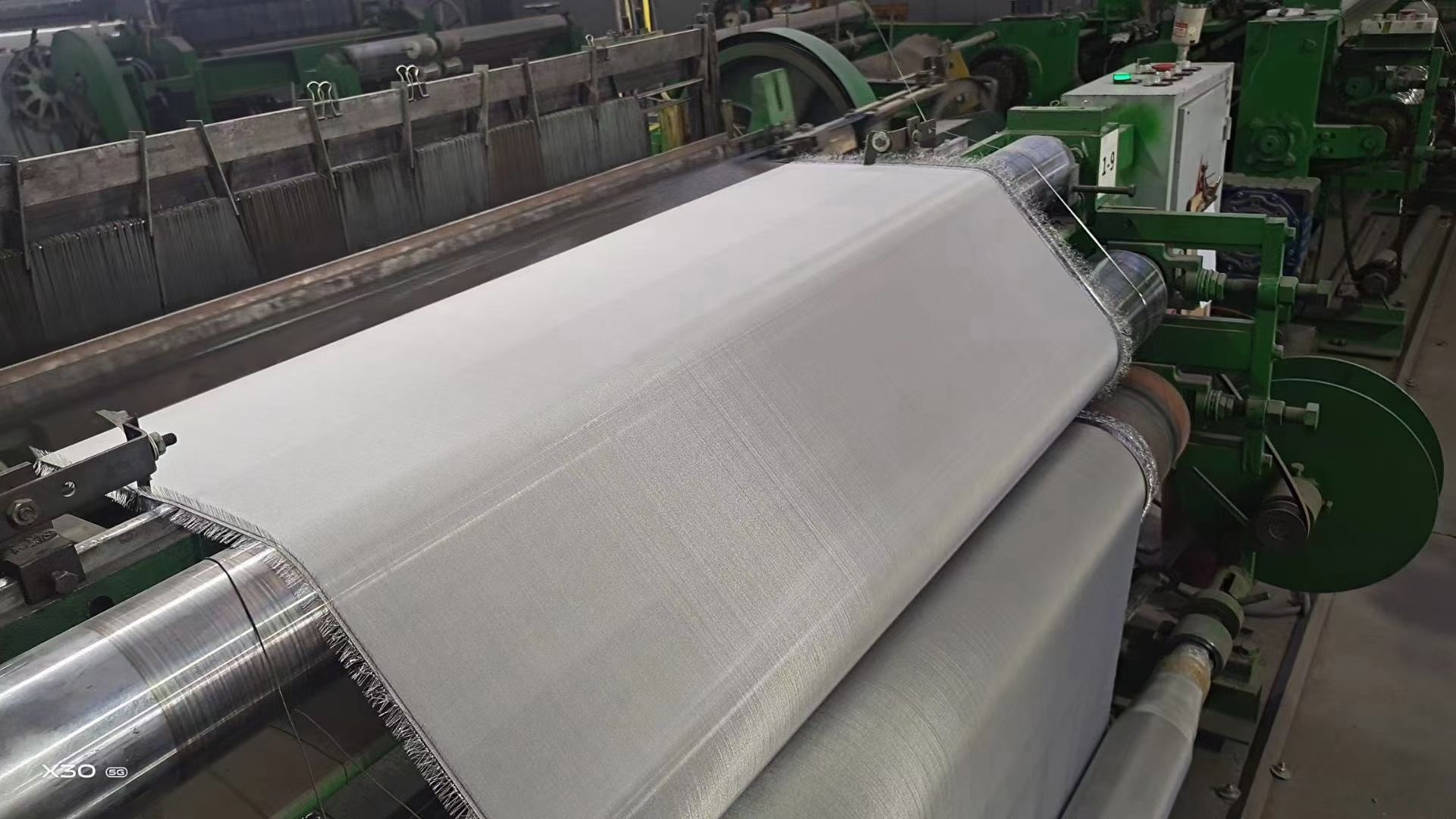Search Product
Search here for what you are looking for:
Search here for what you are looking for:
Choosing the correct material for stainless steel mesh is vital to ensure longevity, performance, and cost-effectiveness in various applications. With a wide range of options available, understanding the properties and characteristics of each material is essential. In this article, we provide valuable tips to guide you in selecting the right material for your stainless steel mesh needs.
Identify the Required Properties:
Consider the specific properties required for your application. Determine factors such as corrosion resistance, temperature tolerance, strength, wear resistance, and magnetic/non-magnetic properties. Identifying these requirements will help narrow down the suitable material options.
Corrosion Resistance:
Evaluate the environmental conditions in which the stainless steel mesh will be used. If the application involves exposure to corrosive substances, opt for materials with excellent corrosion resistance, such as 316L or 321 stainless steel mesh. These materials are highly resistant to oxidation, acids, and alkalis.
Temperature Tolerance:
Assess the maximum temperature the stainless steel mesh will encounter during operation. Different materials have varying temperature tolerances. For high-temperature applications, materials like 310S or 314 stainless steel mesh are ideal, as they can withstand extreme heat without compromising their structural integrity.

Mechanical Strength:
Consider the mechanical stresses and loads the mesh will be subjected to. Materials with higher tensile strength, such as 316L or 304 stainless steel mesh, are suitable for applications requiring robustness and durability. They can withstand heavy loads and resist deformation.
Magnetic or Non-Magnetic Properties:
Determine whether magnetic or non-magnetic properties are essential for your application. If non-magnetic characteristics are required, options like 202 stainless steel mesh should be considered.
Specialty Applications:
Certain applications may necessitate specific material properties. For example, 430 stainless steel mesh is commonly used in the production of cleaning ball threads due to its excellent corrosion resistance and high strength. Evaluate whether specialty materials like this are suitable for your unique requirements.
Seek Expert Advice:
When in doubt, consult with industry experts or suppliers who have extensive knowledge and experience with stainless steel mesh. They can provide valuable insights and recommend the most appropriate materials based on your specific needs.
Remember, choosing the right material for stainless steel mesh is crucial to ensure optimal performance, durability, and cost-effectiveness. By carefully considering the required properties, environmental conditions, and application demands, you can make an informed decision that maximizes the longevity and performance of your stainless steel mesh.